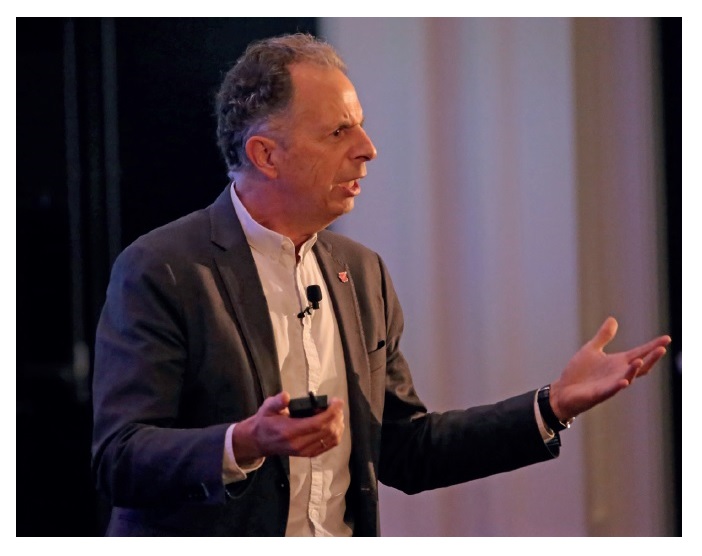IAM has adopted FIDI’s new Professional Cooperation Guidelines (PCGs) as a de facto operational standard for the international moving industry and wishes to encourage all its members to use the PCGs as the basis for their operations and training.

IAM wishes to encourage all its members to use the PCGs as the basis for their operations and training with the intention of creating a global industry standard. The PCGs are available from the IAM Mobility Exchange.
In presenting the PCGs at the IAM convention Jesse van Sas, General Manager of FIDI Global Alliance, said that for many years the international moving industry had worked on the agent-to-agent principle with business being conducted based on trust, confidence, tradition and personal relationships. However, today the industry has changed with a changed customer profile, more outsourcing, and the dominance of RMCs, the introduction of disrupters such as lead generators, online surveys, etc. and the rise in auditors. “Auditors came in and started to dictate how we worked,” said Jesse. “They were able to do this because we left the field wide open. We were based on personal relationships. Nothing was written down. They changed the whole way we do business because we were not standardised.”
 Jesse said that FIDI has developed the PCGs as an operational manual that can be used by members for training. It is a 35-page document, written by industry experts, that prescribes best practice for: the pre-move survey, origin and destination services, storage, dealing with mould and mildew, ancillary services, the supply of staff and equipment, invoicing and payment and claims handling. Since its introduction it has already provided a basis for resolving disputes between agents. It is a live document that is reviewed every year as necessary.
Jesse said that FIDI has developed the PCGs as an operational manual that can be used by members for training. It is a 35-page document, written by industry experts, that prescribes best practice for: the pre-move survey, origin and destination services, storage, dealing with mould and mildew, ancillary services, the supply of staff and equipment, invoicing and payment and claims handling. Since its introduction it has already provided a basis for resolving disputes between agents. It is a live document that is reviewed every year as necessary.
Jesse explained that it would have been easy for FIDI to keep the PCGs exclusive for FIDI members however that would have encouraged other organisations to develop their own standards which would not have been useful. “If we share this, it has a better chance of becoming a worldwide industry standard”, He said. “That is absolutely what we would like to do.”
For IAM Brian Limperopulos, IAM Vice President, said that FIDI had invested its resources into the PCGs and it made sense for IAM to adopt them. He said that disputes with members fall into three categories: payment disputes that are covered by IAM’s RPP; ethical disputes that they handle with reference to the IAM Code of Ethics and ethical enforcement procedures; and operational and communications disputes which are more difficult. “Until now we had no way to resolve these disputes if a fair, speedy and non-arbitrary way because we had no guidelines behind us to adjudicate in a just manner. The PCGs are now a de facto industry standard for international moving.”
Brian said that now IAM was more involved in education through the IAM Learning programme the PCGs could be used as a benchmark. “Any new employee coming into the industry is learning from that same baseline standard. Everyone is reading from the same page.”
Brian explained that the PCGs are currently voluntary but they should be viewed as a minimum standard. He asked IAM members to read the PCGs, use them as a training tool for staff and to signal their intent to abide by the PCGs by uploading the signed acknowledgement form to IAM Mobility Exchange. The form is available on IAM Mobility Exchange and companies that do confirm their adoption of the guidelines will be acknowledged as having done so.
In closing, Jesse van Sas said that global standards, such as the PCGs, were essential in helping the industry adopt and make full use of emerging technologies (click here for information about the new ISO Standard for digital inventories).
Photo: Jesse van Sas presenting the Professional Cooperation Guidelines (PCSs)